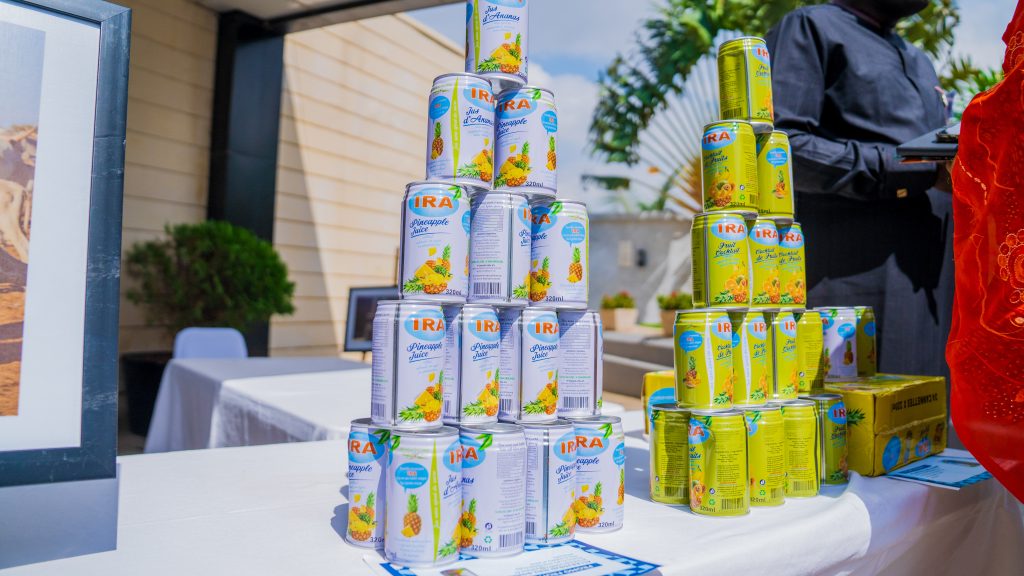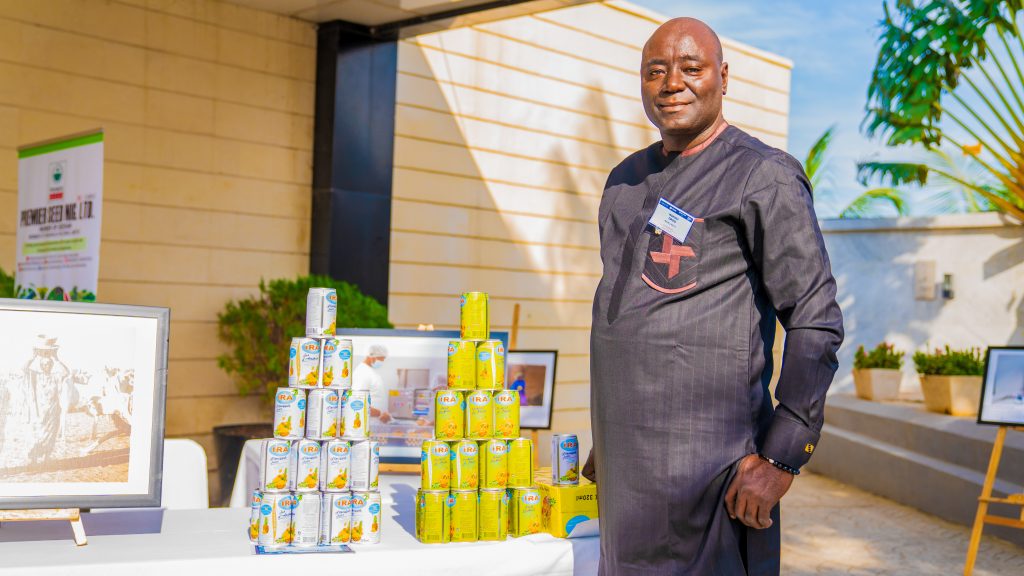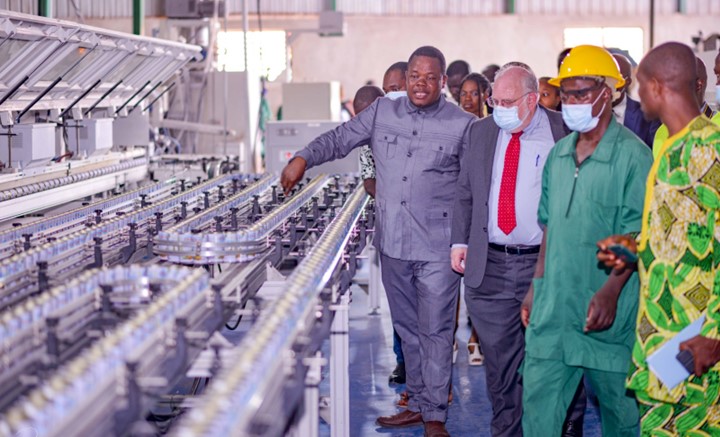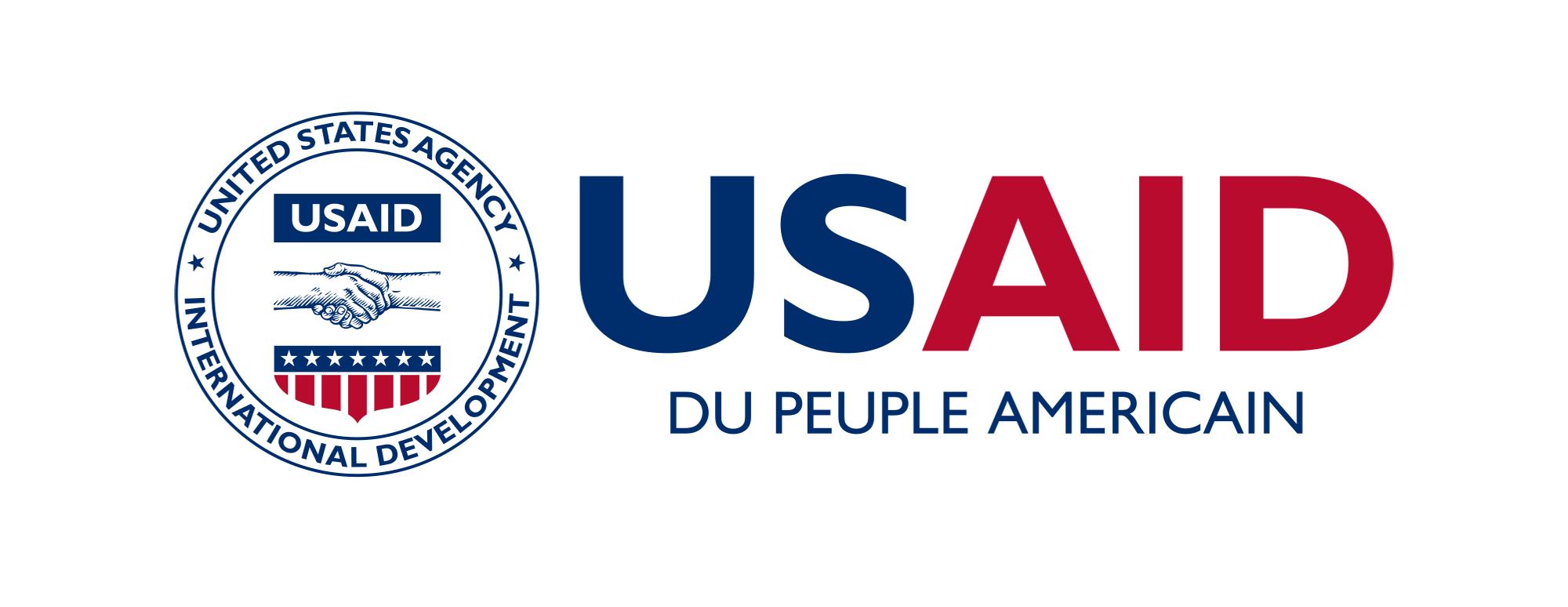Since its peak during the Israel-Benin cooperation era in the 1970s, Benin’s citrus value chain has faced a series of setbacks. The end of Israeli support in 1973 left the industry in turmoil, characterized by inferior planting materials, suboptimal farming practices, significant post-harvest losses, and a lack of cooperative marketing efforts. The government of Benin missed opportunities to implement policies to boost productivity and promote mechanization within the citrus sector, choosing instead to prioritize cash crops, like cotton. For citrus farmers like Mr. Ferdinand Klouvi, who lives in the commune of Lalo, this led to unpredictable and often low prices for their produce, threatening their livelihoods and the sustainability of the citrus industry in Benin.

These realities understandably impacted more than just the farmers in the value chain. Born into a family of pineapple farmers in Togoudo, Allada, Mr. Alladjodjo Dieu-Donné became even more familiar with the difficult landscape when he expanded his family’s legacy by acquiring his own land. Later founding Promo Fruits Benin (Promo Fruits), a tropical fruit juice processing company, in 2010, Mr. Dieu-Donné was faced with additional obstacles to surmount. The company encountered quality and quantity issues caused by diseases and pests, inconsistent brix (sugar content in juice) levels, and varying juice content in the fruits.
“Between 2015 and 2019, our financial resources were severely limited, making it difficult for us to access loans from banks. Consequently, we faced challenges in optimizing the structure of our supply chain to meet our requirements for both quantity and quality responsibly, while also benefiting small producers,” explains Mr. Dieu-Donné.
In 2021, despite the challenging environment, Promo Fruits successfully signed an agreement with a German partner to sell approximately 200 metric tons (MT) of orange juice concentrate annually. An undeniably progressive business opportunity, this contract came with stringent specifications that local producers were initially unaccustomed to, presenting another significant challenge.

In response, in April 2022 Promo Fruits initiated a transformative activity with the support of a $2 million co-investment grant from USAID West Africa Trade Hub (Trade Hub). Targeting citrus producers in Lalo and Zakpota, the hub for citrus production in Benin, the activity aimed to enhance the quality and quantity of citrus yields, reduce post-harvest losses, and ensure consistent market access through contractual agreements. This comprehensive approach was designed to counter price volatility and boost farmer profitability, enabling Promo Fruits to meet its need for a consistent supply of quality citrus fruits.
This shift in the company’s focus led to collaborations with farmers, like Mr. Klouvi, who reflected on the way things were before his connection with Promo Fruits. “Previously, like other orange growers in Lalo, I faced significant losses because I neglected the maintenance of my orchard, leading to declining yields each year. The damaged and fallen fruit were neglected in the fields, and weeding was postponed until harvest time.”
With the financial and technical support from the USAID West Africa Trade Hub, Promo Fruits hired top experts, created educational resources on managing fruit flies, and improved harvesting and preservation techniques, directly benefiting 576 citrus producers, including 227 women and 173 youth, across seven communes in the Atlantique, Couffo, and Zou departments. Moreover, this support paved the way for initiating organic certification processes for citrus production, creating paths to access premium markets and profits. The partnership also enabled Promo Fruits staff to visit citrus farms in Morocco and South Africa to benchmark replicable best practices in Benin.
Returns are becoming evident from the groundwork laid by Promo Fruits since the start of the Trade Hub partnership. For the 2022/23 season, Promo Fruits procured a cumulative 7,106 MT of oranges from the supported producers, generating a total of $723,708, which translates to an average income of $1,256 per producer. This represents a significant increase of approximately 32 percent from the $953 average income recorded before Promo Fruits’ intervention. In addition, this has created a circular economy, leading to additional business for transporters and fixed levies for state institutions. Moreover, between 2022 and 2024, despite the security and political instability in the Sahel region – which accounts for 60 percent of its market share – Promo Fruits managed to generate $7,432,361 in regional trade.
“The training provided by Promo Fruits on the importance of collecting and burying rotten fruit to combat fruit flies, along with the use of organic fertilizers and a guaranteed pre-determined price for our oranges, has inspired us all to better maintain our plantations,” Mr. Klouvi explains. As a result, his plantation’s yield grew from 6 MT/hectare (ha) to 10 MT/ha, and he was able to expand his farm from 2 ha to 4.5 ha. Mr. Klouvi has seen his annual income nearly tripled, from $2,467 to $8,224 within two years.
Beyond the impact on individual farmers, their families, and their communities, there have been direct positive effects that have national reach. In response to the burgeoning interest from companies like Promo Fruits, the Government of the Republic of Benin has taken several measures to boost the production of citrus fruits in the republic. Efforts have been focused on identifying and marking mother plants for grafting stock, organizing the seed sector to ensure plant quality, and providing specialized training for nursery operators.
Through this work, a comprehensive directory of nurseries was compiled, equipping Promo Fruits with vital business contacts. These nurseries are capable of supplying approximately 120,000 orange plants for the company’s cultivation needs and can help Promo Fruits identify varieties that are optimal for processing. Promo Fruits plans to leverage this rebound to establish a modern 200-hectare citrus plantation in Djidja.
Promo Fruits’ intervention, supported by the Trade Hub funding, has proven to be critical in rejuvenating the citrus sector in the Republic of Benin. By empowering producers with the knowledge, resources, and market opportunities to enhance their agricultural practices, the fundamental groundwork has been laid for a sustainable and prosperous future for citrus farming in Benin, particularly benefiting the communities within the Couffo and Zou departments. For farmers like Mr. Klouvi, and business owners like Mr. Dieu-Donné, who have family connections to citrus farming that stretch back over decades, these long-awaited changes are welcomed and applauded and are leading to more and better opportunities.

Mr. Dieu-Donné Alladjodjo, CEO of Promo Fruits Benin, led the group of dignitaries on a tour of the factory during Promo Fruits’ Pineapple Factory Expansion Celebration, held on Thursday, April 18, 2024. Mr. Alladjodjo shared details about the company’s history, growth, and recent expansion in collaboration with the Trade Hub.
Empowered with the experiences and expertise to continue to build in sustainable and profitable ways, Mr. Dieu-Donné can share confidently his and the Promo Fruits team’s focus on this promising future: “Our primary focus over the next five years is to empower producers by facilitating the mechanization of farming operations and the development and implementation of eco-friendly agricultural calendars. At Promo Fruits, we aim to enhance our processing capacity to 1,000 metric tons per day. By achieving this, we will establish a reliable market outlet for fruit producers, ensuring permanent market access. Our ultimate goal is to meet the growing demand for a variety of locally produced fruit juices and concentrates, both within the domestic market and internationally.”

